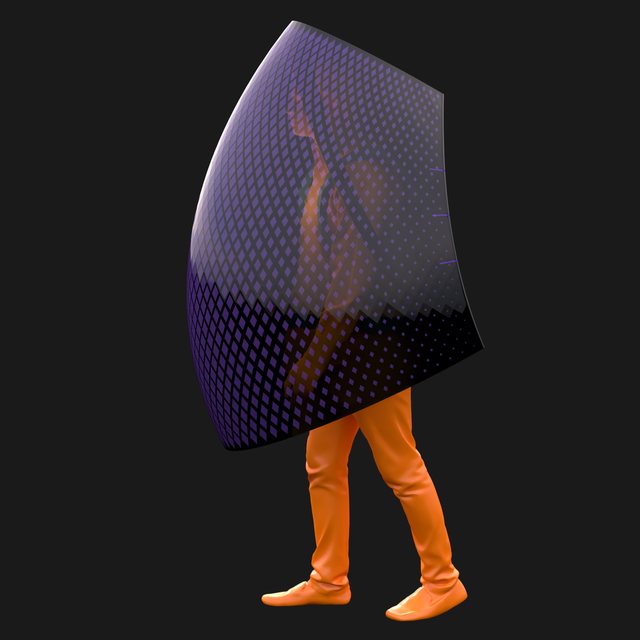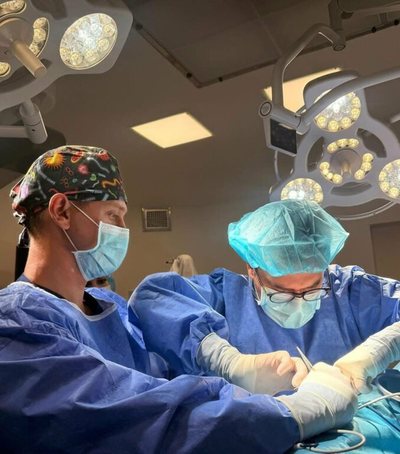
Donald Milton tests people for colds and flu in his lab at the University of Maryland. Ultraviolet-C lamps that kill germs have been installed on the ceiling of the laboratory.
It has become quite standard technology in hospitals, clinics and other places where germs could be in the air. They only work if air is circulating enough to keep germs at the lamp level and then bring this disinfected air back to the place where you are breathing.
To kill germs, bulbs need to emit as much ultraviolet light as it would be irritating to humans, especially to their eyes, so they need to be very high.
â??When we use it for surface decontamination, we make sure no one is in the room,â? Milton said in an interview with CNN. "And when we use it for air decontamination at the top of the room, we make sure there's very little light so it doesn't damage the eyes."
Milton said he was disappointed to hear President Trump seek to use such light.

UV light can damage the body
The virus lives inside the body, where light cannot reach and mainly spreads to small spots that are sprayed when infected people cough, sneeze or talk.

"Their external radiation with an ultraviolet ray will do nothing for the virus inside them, despite what Donald Trump says about placing a UV (ultraviolet ray) inside someone," said Milton, an environmental health professor. "It won't work."
Small amounts of UV are essential for the production of vitamin D in humans, however excessive exposure can result in acute and chronic health effects on the skin, eyes and immune system.
Two factors are required for ultraviolet light to destroy a virus: intensity and time. But if the light is strong enough to kill a virus in a short time, it will be dangerous for humans, Milton said. UVA light (long ultraviolet A wave) and UVB (long ultraviolet B wave) damage the skin. UVC light is safer for the skin, but will damage soft tissues such as the eyes.
The group says lamps installed on ceilings, at least 7 meters high, can safely decontaminate the air, but also warn that light can irritate people's eyes.
"UV lamps should not be used to sterilize hands or other areas of the skin as UV radiation can cause skin irritation," says the WHO.





